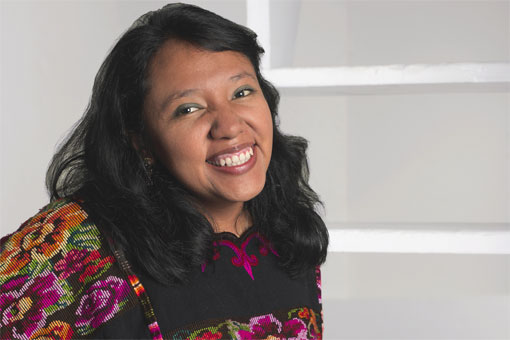Conditions in my country Guatemala, are harsh. According to the Planning Secretariat of the Presidency of Guatemala (SEGEPLAN), as of 2006, 56.2 percent of Guatemalans are poor and 15.6 percent are extremely poor. But things are even worse for indigenous peoples, where poverty reaches 74 percent—compared to 38 percent for Ladinos (people of mixed Spanish and Mayan descent). The national level of illiteracy, says our Ministry of Education, reaches 26.3 percent.
As you can see, even within my generation there are huge gaps in experience, interests and opportunities. While some young people are preoccupied with obtaining the best computer software or booking vacations in interesting places in Europe, others must struggle to find work or schooling or even enough to eat. I know young people who cannot continue their studies because the schools are three or four hours away from their communities, and they have neither the resources to relocate nor the four dollars necessary for bus fare.
The gap between young Guatemalans of different backgrounds reflects the general divide in our country. The divide is even sharper for indigenous women who, for both cultural and social reasons, are alienated from the larger society.
That was brought home to me during my work with Utz Kaslemal, a nongovernmental organization dedicated to helping victims of the long civil war in my country. The stories told to me by the elderly, and in particular by women, brought tears to their eyes and mine. The women spoke to me about watching their children being killed before them, or being raped and forced from their homes. That experience persuaded me to begin training community leaders in civic participation and human rights, among other issues. I came to believe that when a community knows its rights, it can fight for the changes it needs. The need was further underlined when I traveled to several communities in the department of Chichicastenango to give a talk to 80 community leaders, accompanied by two young Italian researchers. One of the researchers asked me how I felt—as a woman—having so many men respect and listen to me. They also asked why so few women were in positions of leadership. Prodded by their questions, for which I had no easy answers, I went to work for an indigenous women´s association called Ixmukené (named after a Mayan goddess) in the department of Quiche in northern Guatemala in an effort to increase female part
icipation in civil society…





